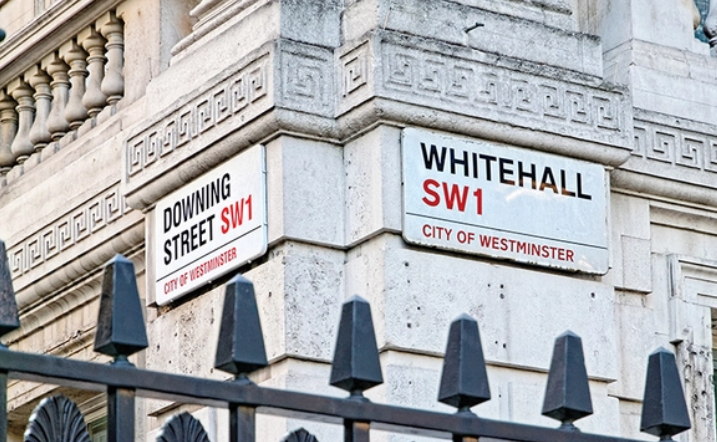
According to multiple media reports, Number 10 is planning to undertake a major re-organisation across the machinery of government once it has passed the controversial Withdrawal Agreement that should ensure the UK leaves the EU ahead of the current January 31st deadline.
Central to the proposed reforms, which were first revealed in the Sunday Times, would be the revival of DECC, which was merged with the Department for Business, Innovation and Skills (BIS) in 2016 as one of the first moves from then Prime Minister Theresa May to create the enlarged Department for Business, Energy, and Industrial Strategy (BEIS).
Number 10 is keen to position the planned move as evidence of the government's commitment to tackling climate change and delivering on the UK's target of building a net zero emission economy by 2050.
Johnson repeatedly stressed during the campaign that action on the environment and meeting the 2050 target were top priorities for him.
In his victory speech on Friday he also underlined his commitment to tackling climate change, promising to deliver "colossal new investments in infrastructure, in science, using our incredible technological advantages to make this country the cleanest, greenest on Earth with the most far-reaching environmental programme".
He added that "you the people of this country voted to be carbon neutral by 2050, and we will do it".
However, the idea of a dedicated climate change department remains contentious amongst environmental policy experts.
Some argue that a well-resourced DECC headed by a senior cabinet minister can raise the profile of climate action across government and drive forward new decarbonisation polices.
Others have argued that the original rationale for merging DECC with BEIS still stands and that a standalone and relatively small department risks becoming 'siloed' when delivery of the UK's net zero target depends on action right across the economy.
Business Secretary Andrea Leadsom has repeatedly said the pursuit of net zero is a top priority for BEIS, while critics have noted how the UK has made negligible progress in cutting emissions from transport and insufficient progress in decarbonising buildings, areas that are the responsibility of other departments.
Number 10 will be hoping it can engineer a cross government approach to driving the net zero transition with DECC at its heart. Just ahead of the election campaign it was announced the Prime Minister would chair a new Cabinet sub-committee on climate action to try and better co-ordinate decarbonisation efforts.
The proposed revival of DECC is part of wider reforms that would also see the Department for Exiting the European Union folded into the Cabinet Office and the Trade Department moved into the Business Department. In addition, Johnson is expected to merge the Department for International Development - a high profile backer of clean tech and sustainable development projects around the world - with the Foreign Office.
However, the reforms are not expected to take place until the New Year with Number 10 this week focusing on passing a Queen's Speech and returning the Withdrawal Agreement to Parliament.
Johnson is also expected to undertake a modest reshuffle today to replace Culture Secretary Nicky Morgan who did not seek re-election, Welsh Secretary Alun Cairns who resigned during the campaign, and Environment and International Development Minister Zac Goldsmith who lost his Richmond seat.
The sweeping reforms are understood to be the brainchild of Johnson's senior advisor Dominic Cummings, who has long argued that Whitehall is not fit for purpose for a 21st century economy. He has advocated streamlining the number of departments and cabinet ministers, making it easier to hire and fire civil servants, and borrowing techniques from high performance research and development projects to tackle specific challenges.
In a blog post published during the election campaign Cummings wrote that for those "most concerned about climate change and AI, a new high-risk high-payoff research agency, modelled on ARPA and funded by an unprecedented DOUBLING of the basic science budget, is in the Conservative manifesto!"
He has also written in the past of the need for government to play a proactive role in assembling teams capable of tackling major societal and economy challenges and minimising "nuclear/bio/AI risks and the potential for disastrous climate change".